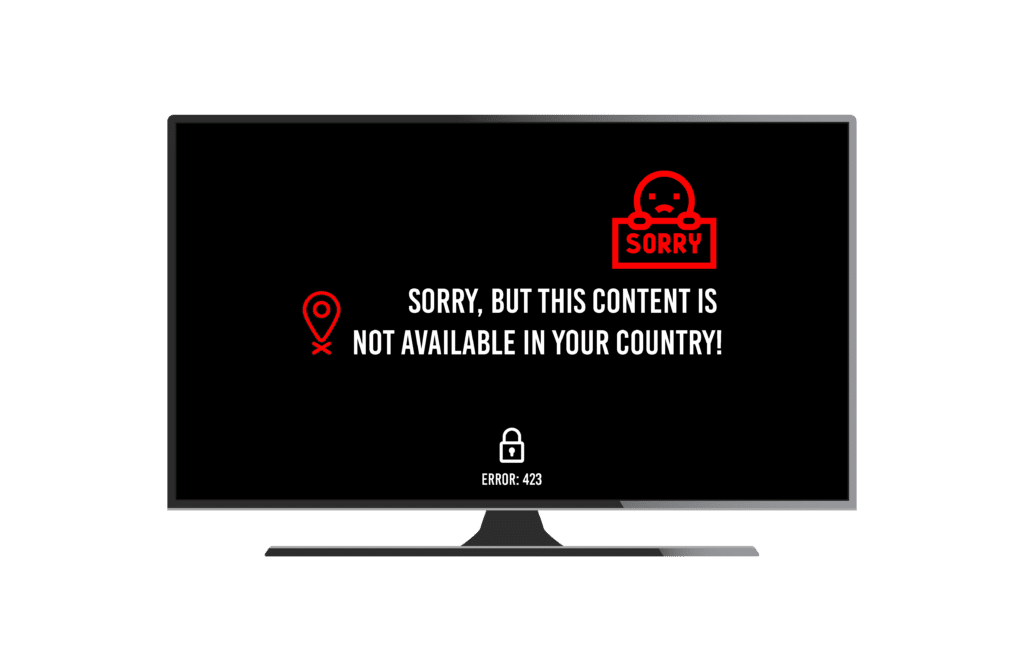
What is the place for Geo-blocking in a Digital Age of Free Movement ?
 “Sorry, but this content is not available in your country!”
“Sorry, but this content is not available in your country!”
This is a situation, all too many of us are familiar with! When we were trying to access something that we were very interested in, but the site said no.
In 2018 we ended geo-blocking – just not for audiovisual content
Previous EU decisions have ended location-based restrictions in many other sectors, but in 2018 one important sector was excluded from the scope of the regulation: audiovisual content.
In recent years, especially during the years affected by the pandemic, there has been a significant increase in interest in content from digital content providers, in particular, due to the emergence of more and more content that is only available in one location.
Geo-blocking is harmful for a number of reasons, especially when we are talking about a single territory such as the European Union.
It is of key importance, of great importance, that citizens of the Member States have access to the same digital content in a uniform and non-discriminatory way. This example fits perfectly with the EU motto: ‘United in diversity’.
However, the data shows a lack of uniformity: in Greece, for example, on average, only around 2% of the film content available in the EU is accessible, while in Germany the figure is close to 50%.
According to a 2019 survey (Eurobarometer), it is clear that there is a growing interest among residents of a Member State in the availability of film content produced, shared, and made available in another Member State.
The European Commission has already held discussions with content providers on how to make content more accessible, but the discussions have not been very successful.
Why is it necessary to remove such restrictions? Why do these restrictions cause problems and who is disadvantaged?
- Linguistic minorities and cross-border communities cannot access content in their mother tongue
- When moving to another Member State: after a period of time, they may not have access to content available in the previous Member State where they lived.
- Parents of bi- or multi-national families may not be able to ensure that their children have access to cultural content in their own language
What is the aim, and what is the solution?
To introduce new legislation to solve the above problems by requiring digital content providers (streaming, VOD, e-book, etc.) to provide access to content on the same terms in all the 27 EU Member States.
My proposal to the Committee calls on the legislator to:
- To quickly and effectively create the legal and regulatory conditions for the freedom to provide, distribute and receive digital media content in regions where minorities live, so that minorities can watch and listen to content in their native language, without being prohibited by location when it is broadcast or delivered from another country
- To enable citizens to access public service media platforms in their country of nationality, regardless of their place of residence.
- To guarantee that previously purchased content is available in the long term, wherever it is purchased
- To oblige commercial digital media content providers operating in several Member States to allow EU citizens to buy access to the catalogue of the Member State of their choice
My draft opinion to the JURI committee offers solutions to the problems highlighted and represents the interests of EU citizens as consumers.
You can see the full opinion here: https://karenmelchior.eu/wp-content/uploads/2023/06/Geo-blocking_draft-opinion-2023_2019_EN.pdf
access, audiovisual, consumer protection, eu, future, geo-blocking, law, proposal, streaming